I had spent some time trying to go through various Environmental Protection Agency (EPA) reports to get a grip on what was actually happening to water quality in our rivers.
There seemed to be various indications of significant improvements in some areas but this was being contradicted by a confusing narrative in the various reports.
It was only when I opened up last week’s Irish Farmers Journal and read Aidan Brennan’s summary of river water nitrate levels over the last five years that the plain facts came home to me.
Aidan’s report showed clearly an increase in the number of rivers with both excellent and good water quality over the years 2018 to 2022 and a significant decline in the proportion of rivers with unsatisfactory water quality from 47% to 40% during the same period.
It is very clear that there have been improvements and further substantial improvements are possible within the current regulations by moving slurry from farms with an excess to those whose land needs its fertility built up. And it’s not only in water quality.
Last week, we had an important announcement from Teagasc that greenhouse gas emissions are capable of being reduced by the target 25 % with current technologies and that further progress was possible and likely with the clear emergence of effective additives reducing methane emissions from ruminants.
There seems to be an unwillingness to accept that significant biological environmental changes take time
It should be mentioned in passing that New Zealand farmers have been set a 10% reduction target in their methane emissions but that discussion is for another day.
On a broad front, there seems to be an unwillingness to accept that significant biological environmental changes take time, while there seems to be a reaction in some quarters to immediately blame farmers for every environmental problem and to present the increase in milk output following the abolition of quotas as nationally undesirable.
The move by the Departments of Agriculture and Local Government and housing to allocate a total of €60m between now and 2027 to improve water quality and to involve Teagasc in the on-farm and catchment work is in addition to a multiple of this figure already being spent, and is a hugely positive move and should be warmly welcomed.
We will get nowhere by mutual recriminations, but farmers are entitled to expect objectivity and professionalism in the portrayal of official data from State bodies.
By all means, pinpoint the failings but also acknowledge progress when it is achieved and suggest means of improvement rather than calling for further unproven restrictions.




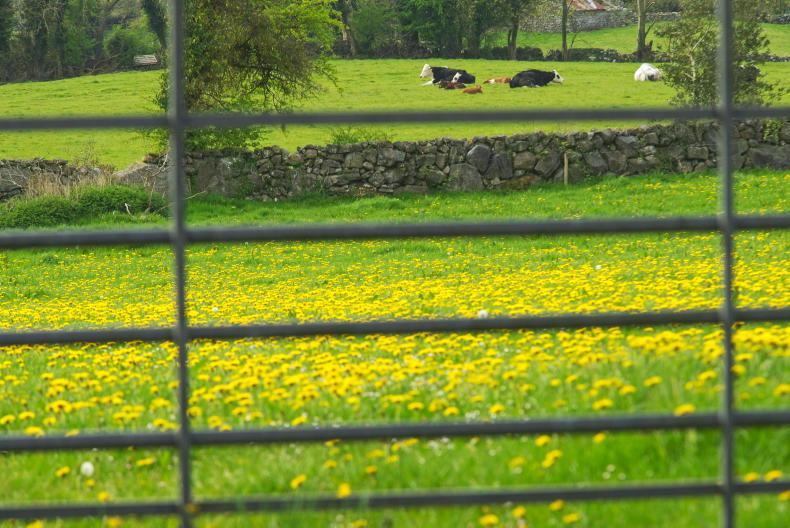
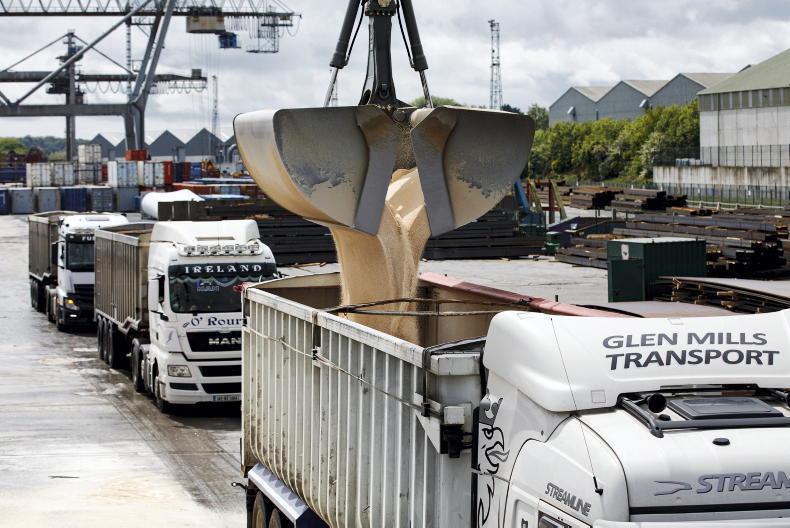

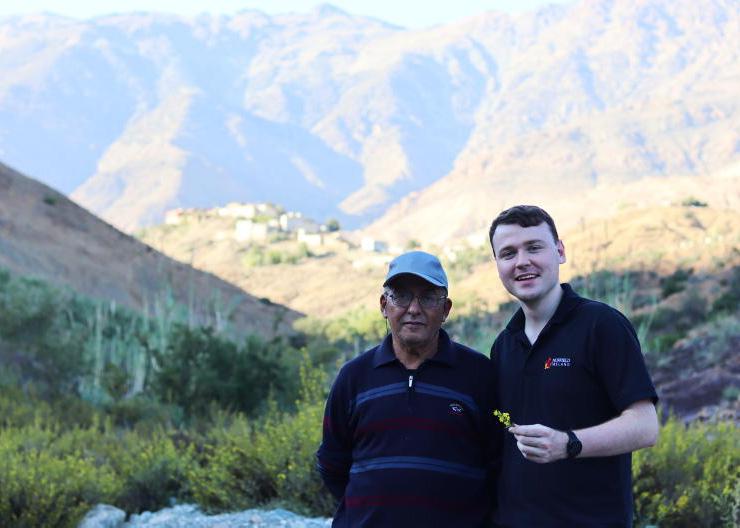
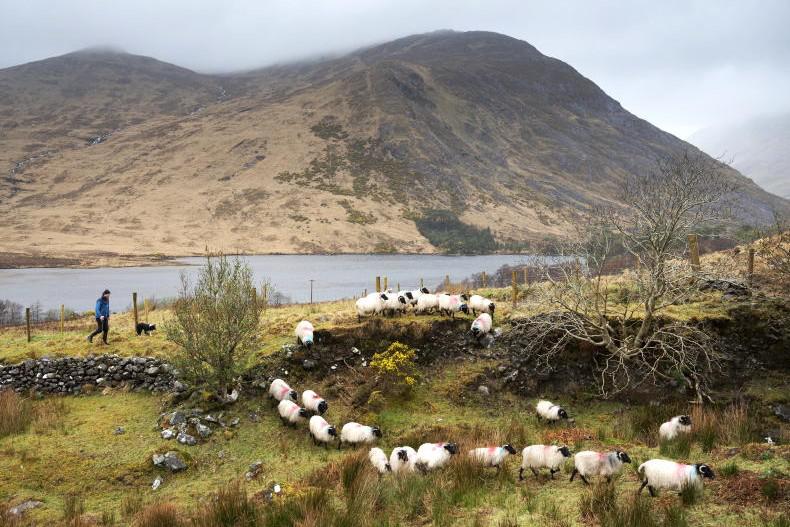
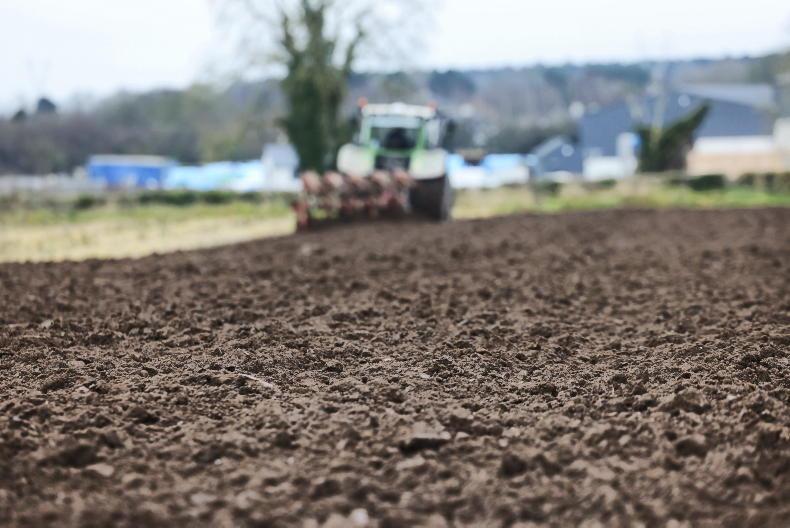
SHARING OPTIONS